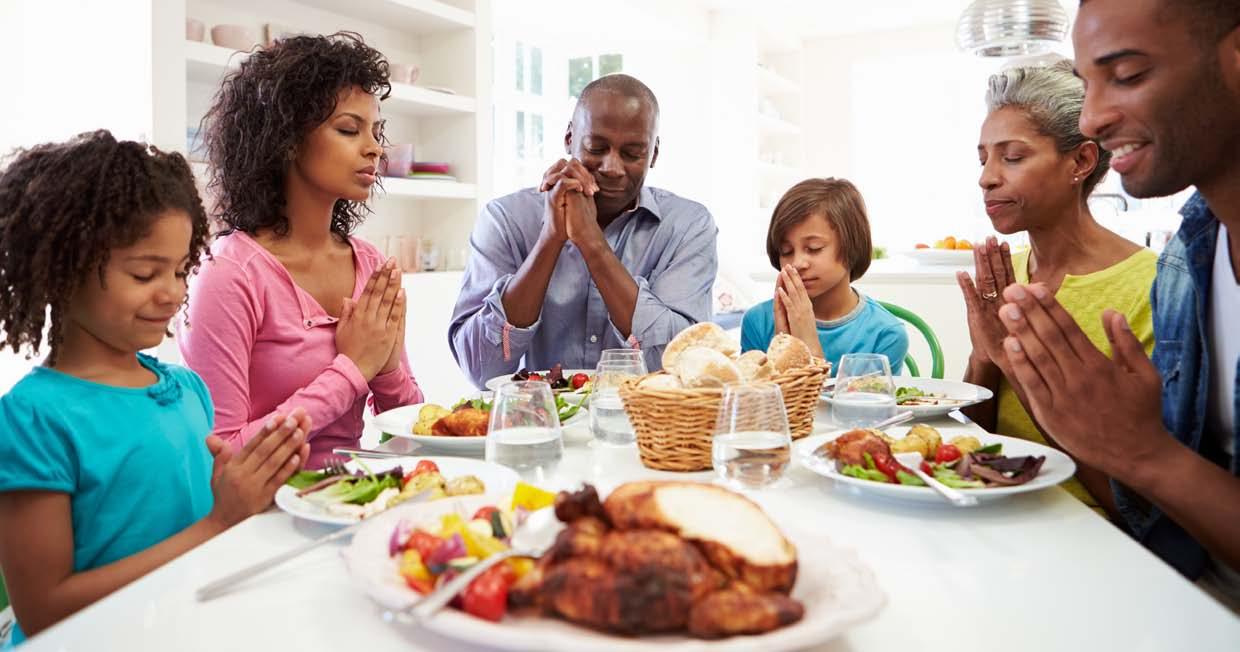
4 minute read
Table of Duties: To the Young, the Old and Everyone
By Rev. William M. Cwirla
We have one more round of the Table of Duties in the catechism. We’ve covered Preachers and Hearers, Rulers and Citizens, Husbands and Wives, Parents and Children, Bosses and Workers. So what’s left in the temporal kingdom? Not much except some general stuff for the young, the old, and everyone.
Advertisement
First, to the youth. “Likewise, you who are younger, be subject to the elders. Clothe yourselves, all of you, with humility toward one another, for ‘God opposes the proud but gives grace to the humble’” (1 Peter 5:5).
Yeah, I know. It’s hard to be humble when you think you know everything. Do you know what the word “sophomore” means in Greek? It means “wise fool.” Having survived freshman year, a sophomore thinks he knows everything. A senior might beg to differ.

Respect your elders—not just your parents but everyone who is older than you. They may not be as quick on the computer as you are, or know all the current songs and movies, but they have a lot of experience at this business of life, and they’d love to pass some of their wisdom along to you. Youth are like apprentices, learning on the job from those who are more experienced. A little humility goes a long way toward learning something. If you think you know it all, you’ll never learn a thing, and you will be a sophomore forever.
My maternal grandmother lived with us when I was growing up. Grandma could be a pain at times. It was like having two German mothers. But Grandma was also very wise, and if you took the time to listen to her stories, you could learn a lot. When she was making an important point, she would always point her index finger at you. That finger pointed at me a lot, and I’m thankful for it.
Now to the elderly. “She who is truly a widow, left all alone, has set her hope on God and continues in supplications and prayers night and day, but she who is self-indulgent is dead even while she lives” (1 Timothy 5:5-6).
It’s lonely when you get old. Your friends and family have died, the kids don’t visit much, and you’re all by yourself. Sometimes older people feel useless and are hanging on, waiting to die. The apostle Paul reminds those who are old and alone that they have the time and perspective for prayer. Even when you can’t leave your home or even your bed, you can pray.
There’s a wonderful older lady in our congregation who doesn’t get out much anymore. She’s not a widow; her husband still lives with her. But she is a fine example of a woman of prayer. She prays for everyone. And she writes these wonderful hand-written cards to encourage those for whom she is praying. I’ve received several of her cards myself. They’ve often brightened an otherwise dreary day. Even when we can’t do anything else, we can do the most important thing: pray.
Finally to all of us—young, old, preacher, hearers, rulers, citizens, husbands, wives, parents, children, masters, and servants—one little word: love. All the commandments are summed up in one word. Love. Love your neighbor as yourself. Love fulfills the law before men. Faith in Christ fulfills the Law before God, but love fulfills the Law before the neighbor and serves the neighbor. Love is faith exhaling. God breathes love and life into us, and we exhale “faith toward Thee and fervent love toward one another.”

Finally, pray with supplications, prayers, intercessions, and thanksgivings. Prayer is the last word of the Table of Duties and of the Catechism. Priests talk to God, they intercede and give thanks, and you are a baptized priest of Christ’s royal priesthood. It is your priestly privilege and duty to pray for all people, for rulers, for your neighbors, your pastors, your parents, everyone. If you don’t, who will?
The Table of Duties reminds me of a favorite passage in the Lutheran Confessions dealing with the Christian life. In Luther’s day, the big question was, “What does the Christian life look like?” Some sought it in the monasteries and convents. But the Augsburg Confession put it this way: “For this is Christian perfection: that we fear God honestly with our whole hearts, and yet have sincere confidence, faith, and trust that for Christ’s sake we have a gracious, merciful God; that we may and should ask and pray God for those things of which we have need, and confidently expect help from him in every affliction connected with our particular calling and station in life; and that meanwhile we do good works for others and diligently attend to our calling.” (Augsburg Confession XXVII)
Faith in Christ, love for neighbor. This is how we as the baptized live before God and the world.
The Table of Duties ends with a little rhyme: Let each his lesson learn with care And all the household well will fare.
I pray that you never tire of the Catechism, but continue to learn it, recite it, pray it, and grow in it. It is the crown jewel of the Reformation— arguably the finest piece of Christian instruction ever written. It is biblical, Christ-centered, simple, plain, memorable, and devotional.
Learn it well, and well you will fare.
Rev. William M. Cwirla is the pastor of Holy Trinity Lutheran Church in Hacienda Heights, California, and is a president emeritus of Higher Things. He can be reached at wcwirla@gmail.com.








